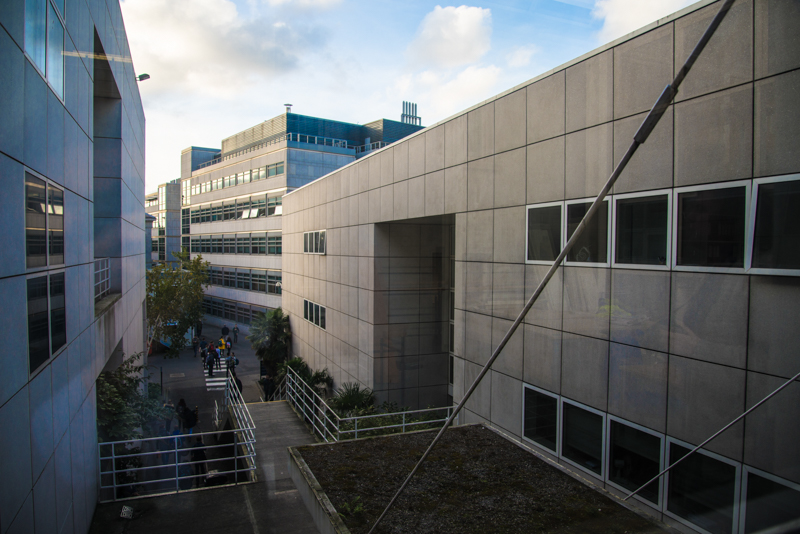A Trinity survey has found that only 65 per cent of people would be willing to accept a coronavirus vaccine for themselves and their children – a “worryingly low” figure, according to one expert.
The psychological study, conducted by researchers in Trinity’s Centre for Global Health, had 1,000 respondents.
One in four participants said they might accept a vaccine for themselves and their child, while one in 10 said they would not.
Some 41 per cent of people reported feeling lonely, 23 per cent reported clinically meaningful levels of depression, 20 per cent reported clinically meaningful levels of anxiety and 18 per cent reported clinically meaningful levels of post-traumatic stress.
The Irish COVID-19 Psychological Survey was run as a collaboration between Trinity researchers and academics from Maynooth University, Ulster University, Edinburgh Napier University, and University of Sheffield.
Participants were asked to answer questions about their circumstances, mental health and views on coronavirus vaccination.
Dr Frédérique Vallières, the director of Trinity’s Centre for Global Health, said in a press statement: “Despite encouraging results in terms of people’s knowledge on COVID-19, we further found that attitudes towards the uptake of a potential COVID-19 vaccine to be worryingly low, with only 65% of people indicating that they would accept a vaccine for themselves and their children.”
“A better understanding of why people might be hesitant to accept a COVID-19 vaccine, if and when it is developed is required”, he added.
The survey was launched on March 31st, 19 days after Taoiseach Leo Varadkar first announced restrictions on movement and 2 days after a lockdown was announced by the government.
The second wave of the study is due to begin before May 5th and will examine the effects of prolonged quarantine is having on people’s mental health and wellbeing.
The study will also look at what can be done to safeguard the mental health of the nation during this and any future health emergency.







